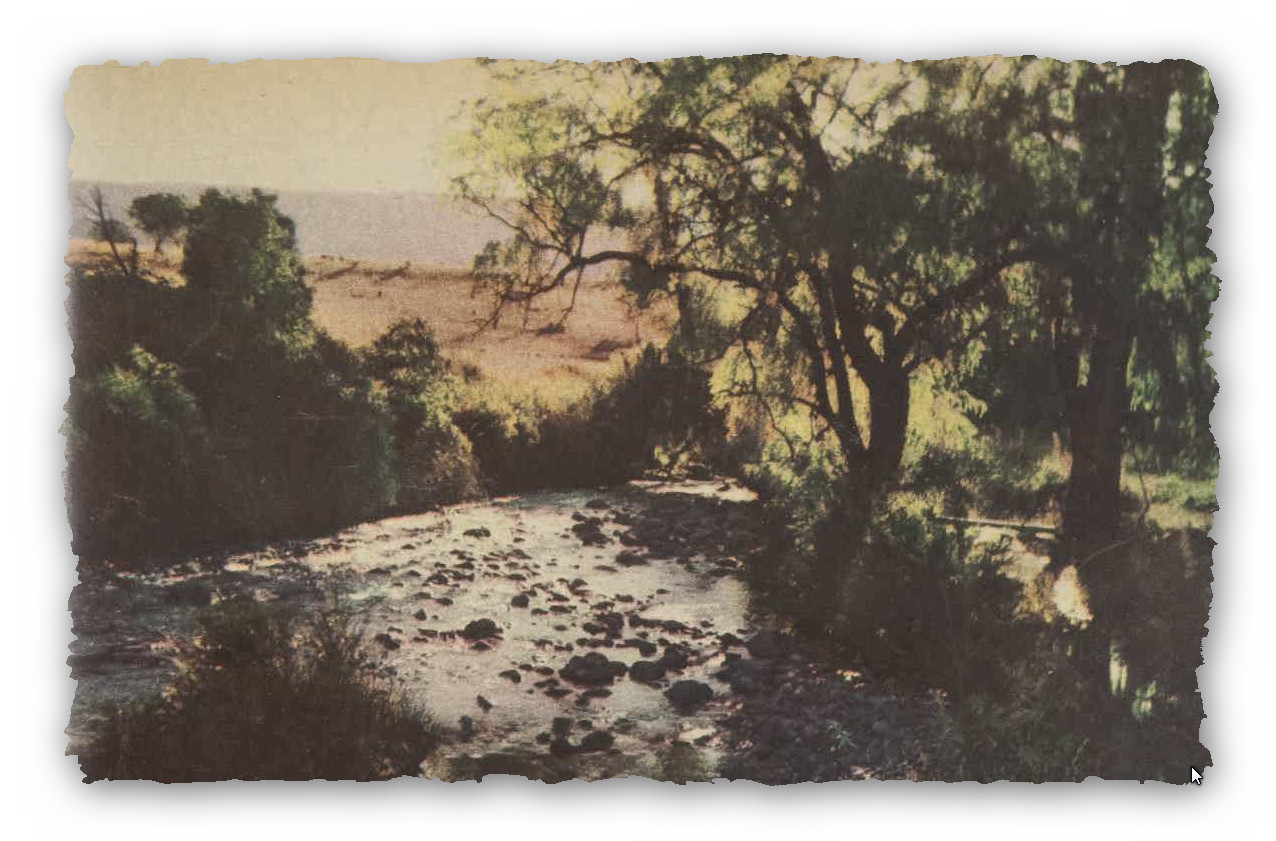The crossing at Jounama Creek at the foot of Talbingo Mountain. Miles Franklin, famous Australian author, specified in her will that her ashes be scattered at this crossing. Picture by Ron Roberts, of Northbridge, N.S.W.
The Australian Women's Weekly, Wednesday 16th November 1955
S.H. PRIOR MEMORIAL PRIZE Award to:-
Stella Miles Franklin. SYDNEY, July 21 1936.
- The winner of the 1936 competition for the annual S. H. Prior Memorial Prize for Australian literature is the novel, "All That Swagger," by Stella Miles Franklin. There were 240 entries for the prize.
- Miss Franklin was born near Tumut, New South Wales, in 1883. Her father was at that time a station owner near Quanbeyan. The family later moved to Bangalore, near Goulburn, where "My Brilliant Career" was written when Miss Franklin was only 18. She sent the manuscript to Henry Lawson, who was on the point of leaving for England, and it was published with an introduction by him in 1901. Afterwards, Miss Franklin worked for a year as a servant girl in Melbourne and Sydney in order to obtain journalistic copy.
- Later, she left Australia to practise journalism in England and America and produced a novel proper, "Some Everyday Folk and Dawn," which was published in 1909, and other works. She returned to Australia about three years ago and now resides in Sydney.
The West Australian, Perth, WA - Wednesday 22 July 1936
Mail:- Tumut History, PO Box 132, Tumut, NSW 2720, Australia

